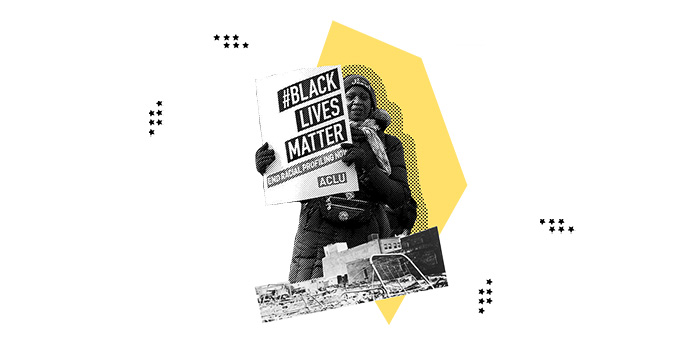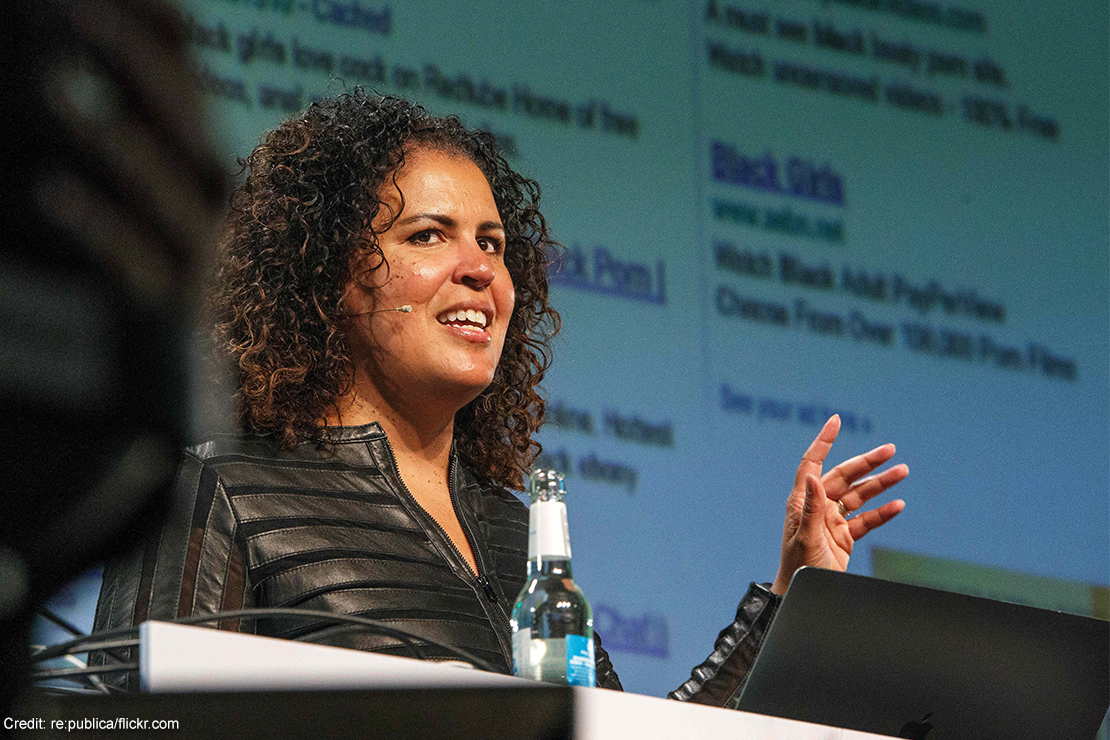Accountability in Artificial Intelligence
The ACLU Racial Justice Program aims to preserve and extend constitutionally guaranteed rights to people who have historically been denied their rights on the basis of race

What you need to know
The Latest
Explore More
Artificial intelligence systems are reshaping and influencing core social domains that impact our daily lives, from criminal justice and education, to healthcare and beyond. Artificial intelligence refers to computer models, or algorithms, that are widely used for automated decision making – analyzing massive amounts of data, finding correlations and then making predictions about future outcomes. For example, employers use AI systems that determine who to advertise job opportunities to and which job applicants to reject, and housing providers use AI to screen potential tenants. So when AI systems are developed or used in ways that do not adequately take into account existing racism, sexism and other inequities, built-in algorithmic bias can undermine predictive decisions and result in invisible but very real discrimination. As these systems are deployed, they exacerbate existing disparities and create new roadblocks for already-marginalized groups.
AI is built by humans and too often, racial bias can appear in its design, development, and implementation. Establishing laws and regulations that mandate robust auditing for equity, transparency, and accountability, alongside litigation to stop and remedy civil rights violations, and direct engagement with technology companies can help guarantee racial equity.
The Racial Justice Program strives to challenge AI’s power to preserve and exacerbate systemic racism. In coalition with ACLU affiliates in each state, other civil rights groups, and local advocates, we advocate for better laws and policies and support grassroots movements to work towards ensuring equity in AI systems, particularly in the areas of employment, housing and credit.
RJP works in close coordination with ACLU colleagues, such as the Women’s Rights Project, the Disability Rights Project, and the Speech, Privacy and Technology Project to ensure robust civil rights and civil liberties protections in the use of AI.
Artificial intelligence systems are reshaping and influencing core social domains that impact our daily lives, from criminal justice and education, to healthcare and beyond. Artificial intelligence refers to computer models, or algorithms, that are widely used for automated decision making – analyzing massive amounts of data, finding correlations and then making predictions about future outcomes. For example, employers use AI systems that determine who to advertise job opportunities to and which job applicants to reject, and housing providers use AI to screen potential tenants. So when AI systems are developed or used in ways that do not adequately take into account existing racism, sexism and other inequities, built-in algorithmic bias can undermine predictive decisions and result in invisible but very real discrimination. As these systems are deployed, they exacerbate existing disparities and create new roadblocks for already-marginalized groups.
AI is built by humans and too often, racial bias can appear in its design, development, and implementation. Establishing laws and regulations that mandate robust auditing for equity, transparency, and accountability, alongside litigation to stop and remedy civil rights violations, and direct engagement with technology companies can help guarantee racial equity.
The Racial Justice Program strives to challenge AI’s power to preserve and exacerbate systemic racism. In coalition with ACLU affiliates in each state, other civil rights groups, and local advocates, we advocate for better laws and policies and support grassroots movements to work towards ensuring equity in AI systems, particularly in the areas of employment, housing and credit.
RJP works in close coordination with ACLU colleagues, such as the Women’s Rights Project, the Disability Rights Project, and the Speech, Privacy and Technology Project to ensure robust civil rights and civil liberties protections in the use of AI.




